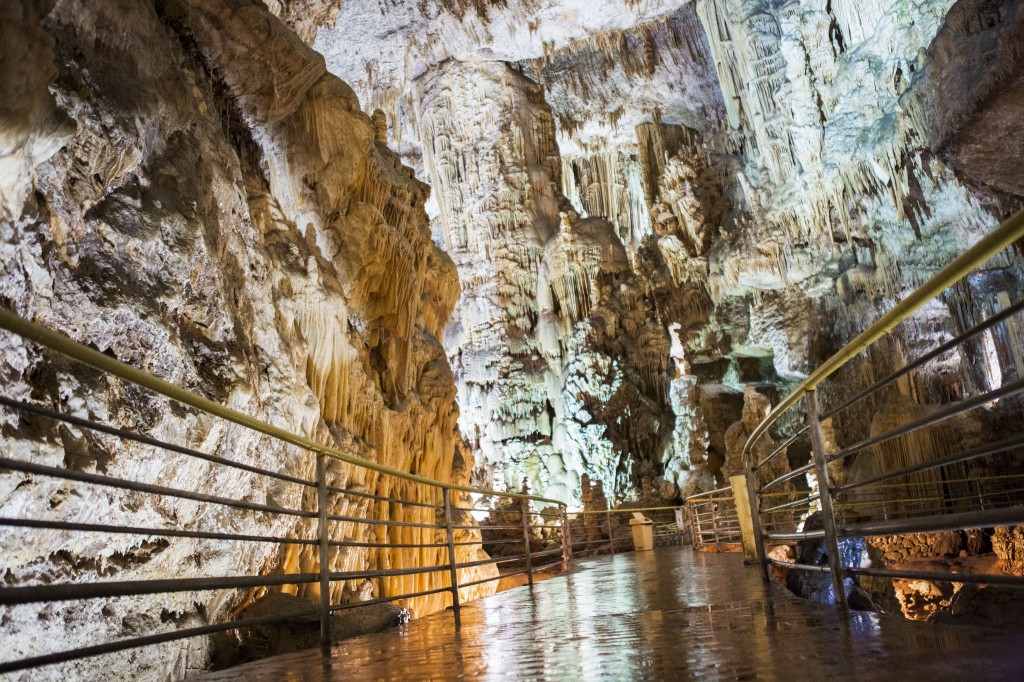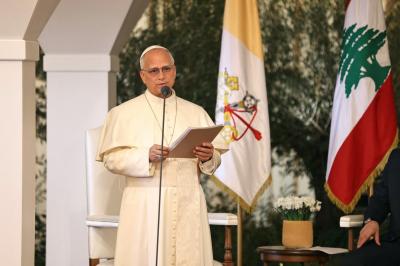In a scene that undermines Lebanon’s image as a tourist destination, the gates of Jeita Grotto—one of the country’s natural wonders and most iconic landmarks—remain closed at the height of the tourist season. It’s as if the state has turned its back on a vital sector, disregarding the economic and tourism losses caused by this unjustifiable closure.
Since November 2024, Jeita Grotto has been off-limits to Lebanese, Arab, and international visitors. Not due to a security issue, natural disaster, or even logistical hurdles. The reason is far more frustrating: state negligence, indecision, and a failure to carry out the most basic administrative procedures.
A Crisis of Management, Not of Law
Jeita Grotto is a public facility under the jurisdiction of the Ministry of Tourism. For decades, it was managed by a private company under a long-term contract. That contract expired in 2022 and was extended exceptionally until the death of the company’s director. Since then, operations have come to a halt—waiting on the state to decide whether to relaunch the site through a new tender.
Instead of moving swiftly to draft terms of reference and open a public bid in a transparent, legally sound manner that serves the public good, the state became entangled in bureaucratic red tape—specifically the intricacies of the public procurement law. As a result, the relaunch has been frozen for more than six months, depriving Lebanon of vital tourism revenue and stalling any chance of revitalizing this landmark.
Even a special committee assigned to study the file has made no progress. Discussions remain stuck while the state treasury bleeds income, and local businesses that depend on tourism suffocate under the weight of this ongoing paralysis.
Tourism Ministry: Looking for an “Exceptional Solution”
When LBCI contacted the Ministry of Tourism for comment, officials acknowledged they are bound by the public procurement law but are working to find a temporary legal workaround to reopen the grotto before the end of the summer season. Yet even this “solution” would require multiple legal and financial approvals from various state bodies—meaning more delays and no immediate action in sight.
Josephine Zgheib: A Sin Against Keserwan and Lebanon
Governance expert and former Kfardebian municipal council member Josephine Zgheib didn’t mince words, calling the situation “a grave mistake” against Lebanon’s tourism sector and the Keserwan region in particular. She stated:
“In the middle of the tourist season, Jeita Grotto—Lebanon’s top natural attraction—is closed. This site, which has long been the face of tourism in Lebanon, is now reduced to a pending file while summer slips away. The result? Direct economic losses for Keserwan and for Lebanon’s tourism sector as a whole.”
Zgheib also criticized the unexplained suspension of paragliding activities in the Jounieh Bay—one of the region’s most popular adventure experiences for tourists. She stressed that such arbitrary halts only worsen the blow to an already fragile sector.
“We’re fully in favor of high-standard tendering processes, transparent bidding, and legal safeguards for public assets. But what’s happening today is outright negligence—a failure toward a region that lives off tourism, and a country that desperately needs every source of income and job opportunity. We support regulation, licensing, and robust legal frameworks—but not abandonment.”
She concluded with a direct appeal:
“Keserwan is not a marginal region, and we won’t allow it to be treated as such. This is the outcry of every person working in tourism here: reopen Jeita now, regulate the sector—don’t suspend it—and show respect for people and their livelihoods. We are ready to work with all authorities concerned.”
In the Meantime… Who Will Decide?
In light of this deadlock, serious questions arise about the government’s commitment to supporting tourism—especially in a country already reeling from an economic meltdown. Is it reasonable that a site as significant as Jeita Grotto remains closed for so long due to administrative complications?
Is there anyone in power willing to take a stand, break the cycle, and make a bold decision to reopen the grotto and revive tourism? Or will the state continue to drown in bureaucracy and helplessness, watching one of its last viable industries crumble?
Lebanese citizens and tourists are waiting. And Lebanon’s tourism sector can’t afford more closures or delays.
Reopen Jeita—before tourism itself shuts down.
Please post your comments on:
[email protected]
 Politics
Politics













